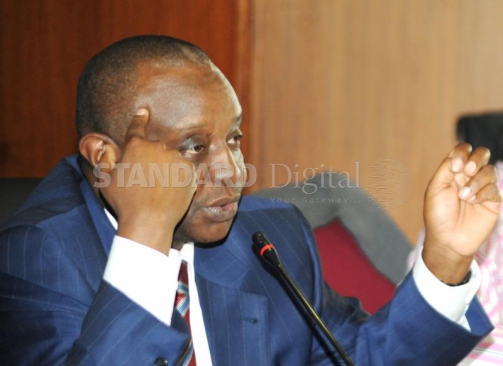×
The Standard e-Paper
Kenya’s Boldest Voice

Kenyans should expect more pain from the taxman this financial year to fund the Sh2.1 trillion budget in the new financial year beginning June.
The big spending plan comes amid growing pressure by the Government to control wasteful spending and reduce recurrent expenditure, which is weighing heavily on the country’s development agenda.